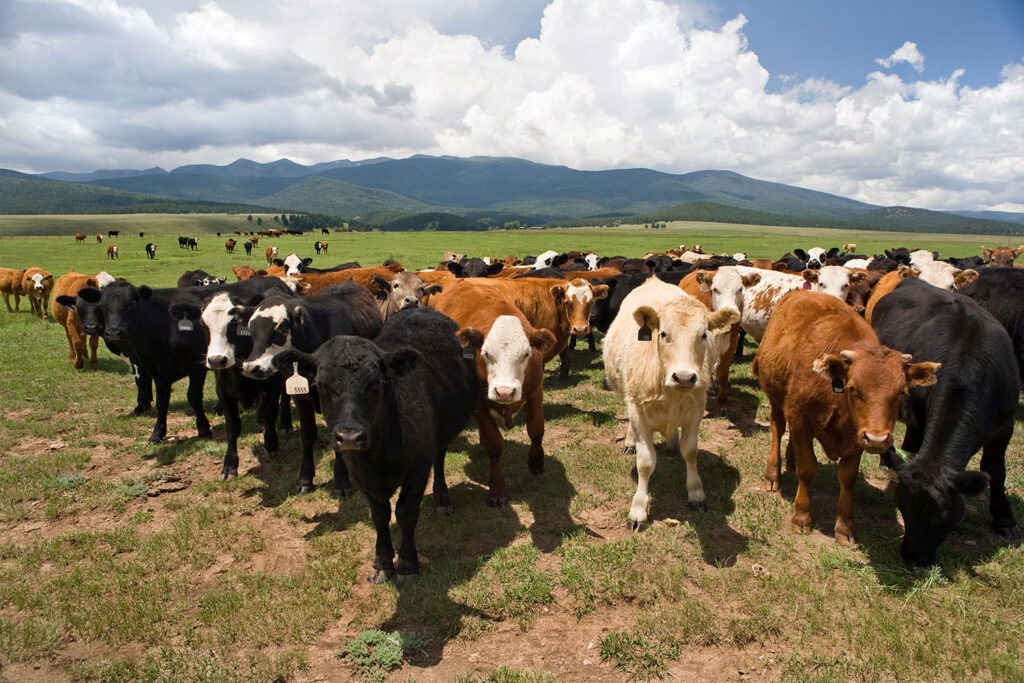If you blinked, you missed it. Just two days after the U.S. began reopening ports to Mexican cattle, the border has slammed shut—again.
On July 9, 2025, Brooke L. Rollins, head of the U.S. Department of Agriculture (USDA), ordered the immediate suspension of live animal imports—including cattle, bison, and horses—from Mexico. The reason? A fresh case of the dreaded gusano barrenador, or screwworm, was confirmed in Veracruz.
And that’s all it took.
No Moo-ving Past This
The U.S. had just started easing a nearly two-month-long embargo, beginning July 7 with a partial reopening at the Douglas, Arizona port. But with this new case, USDA hit pause on the entire plan. Upcoming reopenings in Columbus, Santa Teresa, Del Río, and Laredo are now in doubt. The ports were scheduled to resume trade throughout July and into September, depending on sanitary conditions.
According to Rollins, trade won’t restart until Mexico shows real progress in screwworm eradication. That includes strict quarantine measures, traceable cattle movement, and aggressive fly control.
Million-Dollar Maggots
The May 11 shutdown has cost Mexico dearly. The Mexican Meat Council estimates $700 million in losses due to 650,000 cattle being held up. That’s a lot of steaks and burgers stuck in limbo.
To contain the pest, Mexico and the U.S. have been deploying a weird but effective strategy: releasing over 100 million sterile flies per week. It’s pest control by overwhelming romance failure—and it’s been working. At least until now.
A new sterile fly facility is being built in southern Texas with an $8.5 million budget, and another in Metapa, Chiapas is being upgraded with $21 million. It’s a binational battle of bugs.
Mexico Responds
Mexico isn’t taking this lying down. Since July 7, new rules prohibit moving livestock from infected zones without a clean bill of health. SADER, Mexico’s agriculture department, is working closely with USDA and APHIS to stabilize the situation.
Still, President Claudia Sheinbaum isn’t thrilled. She’s expressed her government’s commitment to U.S. cooperation—but also criticized unilateral moves from the north. “Mexico isn’t anyone’s punching bag,” she’s said before. Apparently not even for maggots.
As of now, over 1,400 cases of animal screwworm infections and six human cases have been confirmed in Chiapas and Campeche. With health risks on both sides of the border, both countries know they’ve got more at stake than just lost exports.
So, when will the cattle flow again? Not until those worms stop burrowing and the flies stop flying—or at least, start dying without descendants. Stay tuned.


